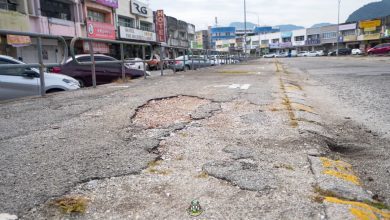Empowering the Future
The Rise of Green Skills in a Sustainable World


by Professor Dr Vilasini Pillai
Dean of the Faculty of Integrated Life Sciences at Quest
Amid the pressing environmental challenges of our time—climate change, resource depletion, and pollution—universities play a critical role in shaping the future. One of their most important contributions is equipping students with “green skills”: the knowledge, abilities, values, attitudes, and essential competencies needed to prepare a workforce capable of supporting the development of a more sustainable future by addressing environmental issues and building resilient, eco-friendly economies.
Green jobs are roles that promote sustainability, aim to conserve the environment, and respond to the climate and ecological emergency. Green jobs will foster a sustainable future for us and for future generations. We recognize that almost all jobs can be oriented toward being green jobs, and sustainability knowledge should be considered a necessity for every job description.
Understanding Green Skills
Green skills encompass a wide array of competencies and knowledge essential for protecting the environment and promoting responsible use of resources. Green skills position workers to secure green jobs and unlock opportunities for performing all jobs in a more sustainable way.
These skills are needed across many industries and are not limited to environmental fields, as there is increasing demand for them in industries like construction and manufacturing, where sustainable practices and competencies such as critical thinking, environmental management, and systems thinking can significantly reduce environmental impacts. Accelerating the green transformation will require unprecedented levels of cooperation among stakeholders in the public and private sectors.
Education and training programs play a vital role in developing these skills, starting from school. Universities are uniquely positioned to prepare the future workforce through comprehensive education, innovative research, and community engagement. Sustainability principles must be embedded across all disciplines, from business to engineering, finance, and the arts.
Besides education, universities are drivers of research and innovation, providing students with opportunities to work on projects alongside experts, targeting solutions that can have a lasting impact on the environment. These hands-on opportunities facilitate the translation of academic learning into solving real-world challenges.
Implementing and practicing sustainability initiatives within their own campuses provides universities with a unique platform for experiential learning and serves as living laboratories for students. Collaborating with industries, government, and NGOs helps align programs with the needs of a green economy.
Universities play a vital role in fostering a culture of sustainability through student councils, co-curricular activities, and campus-wide events, encouraging students to prioritize environmental stewardship in all aspects of their lives.
Environmental programs in universities like ours have incorporated these skills into our students’ education. Green skills are also embedded throughout the curricula of all programs as part of our efforts to help develop the next generation of leaders committed to sustainability. Furthermore, students are being prepared for the jobs of tomorrow, empowering them to create a more sustainable and resilient world for generations to come.


